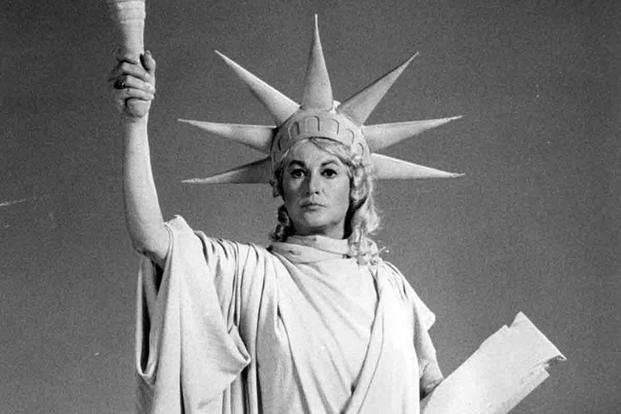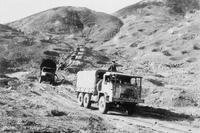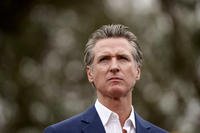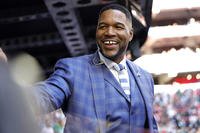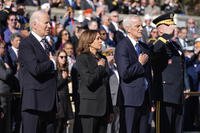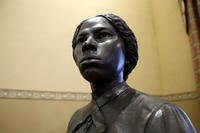The wars of the 20th century were transformative for the United States of America. The veterans who fought those wars were no less transformative after leaving military service. Generation after generation of American veterans left their marks on the ways we live and work.
Aside from U.S. presidents and lawmakers, most individual veterans don’t get the opportunity to change the country as a whole -- but others do. The people on the list that follows have touched the lives of countless Americans in all walks of life, affecting us in ways big and small. Check out how they did it.
Alan Alda: Actor, Director, Screenwriter
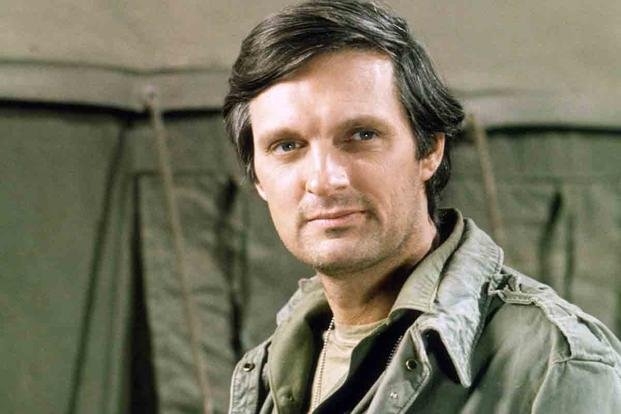
It might be hard for younger readers to fathom the idea of only having three channels, but that’s how it was for much of television history and competition was fierce. So being the star, writer, producer and sometime director of one of the biggest shows on TV at the time was a big deal. Alan Alda used his experience as an artillery officer in Korea to add oomph to the long-running series “M*A*S*H.”
The show about a three-year war ran for 11 years and was critical of war at a time when the United States was still fighting in Vietnam. Its final episode drew 125 million viewers, more than half the population of the U.S. at the time. The fact that “M*A*S*H” can still be seen in syndication is a testament to the power of the show and its lasting effect on American culture.
Neil Armstrong: Astronaut
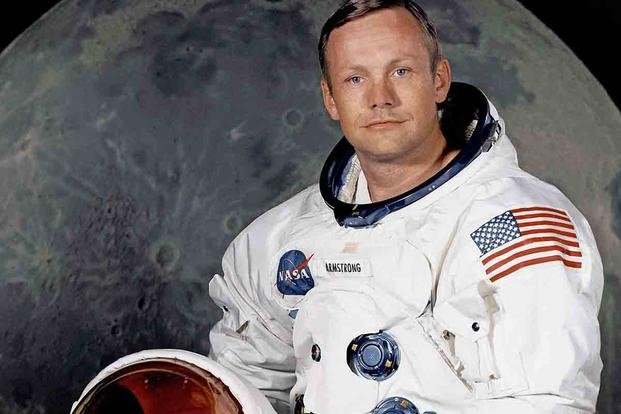
A naval aviator, Korean War veteran, NASA astronaut and first man on the moon, Neil Armstrong helped bring the United States together at a time when the country seemed to be tearing itself apart. Amid the fighting and the protests against the Vietnam War, the Civil Rights Movement, the Sexual Revolution, and assassinations of important historical and cultural figures, millions of Americans (and 650 million people worldwide) watched Armstrong set foot on the moon.
It wasn’t the first time the earthbound received images from space, but it was the first time so many people at once watched that imagery as it happened, as humans achieved the impossible. With Armstrong’s phrase “one giant leap for mankind,” humanity felt the cosmic perspective that we are all from the same little place in the universe.
Bea Arthur: Actress
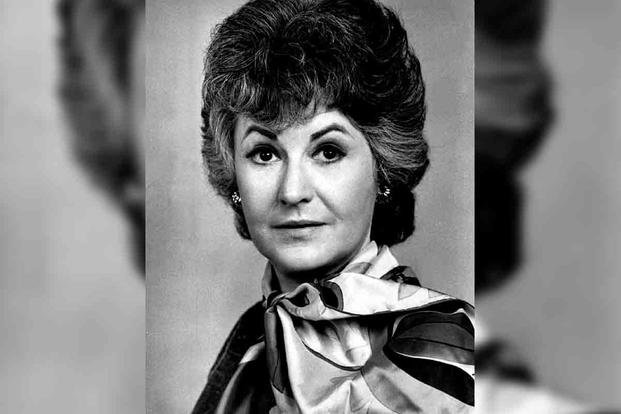
We might know her best as one of the “Golden Girls,” but Bea Arthur’s career goes back much further than the award-winning series that has found new life on Instagram and TikTok. She enlisted to be a typist in the Marine Corps Women’s Reserve in 1943, but soon requested a transfer to be a truck driver and dispatcher. Her nearly 60-year acting career began in 1947 and almost immediately, Arthur infused feminist issues into her work..
After an appearance as Maude Findlay on the groundbreaking “All In The Family,” TV execs gave Arthur her own show as Maude in 1972. The show tackled things that were otherwise taboo on TV, including divorce, menopause, mental illness and gay rights. Famously, “Maude” dealt with an late-life pregnancy in which the character opted to have an abortion in a pre-Roe v. Wade world.
Ben Bradlee: Famous Newspaper Editor
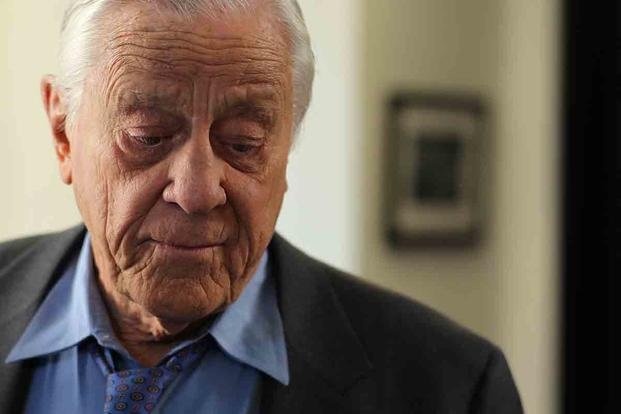
Fighting in some of the biggest battles of World War II as a Navy officer gave Bradlee the intestinal fortitude required of the executive editor of The Washington Post between 1968 and 1991. He worked his way up as a reporter in New Hampshire before going to the Post. After writing a book and a few years at Newsweek, he returned to The Washington Post as editor, and the country would never be the same.
Bradlee and the Post, along with The New York Times, fought the government for the First Amendment right to publish the Pentagon Papers, a government-funded report that revealed the military and subsequent presidential administrations were lying about the scope and events of the Vietnam War. Bradlee later backed reporters Bob Woodward and Carl Bernstein as they uncovered the Watergate break-in, a scandal that would bring down President Richard Nixon.
Bob Feller: Major-League Pitcher
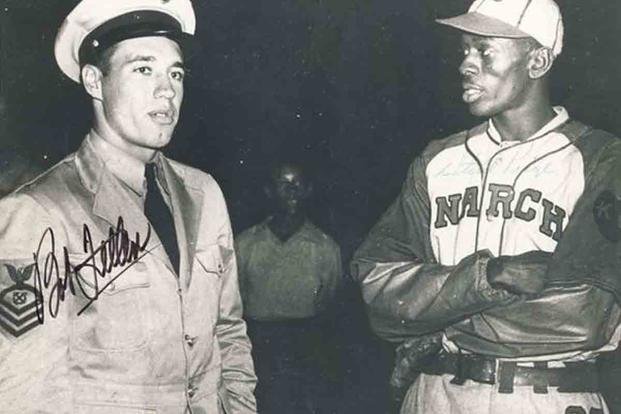
Feller was already a big name in baseball when the Japanese attacked Pearl Harbor. Instead of renewing his contract with the Cleveland Indians two days after the attack, he enlisted in the Navy instead. He demanded combat duty as a gun captain in both the Atlantic and Pacific Theaters.
When he returned to Cleveland, baseball was still “America’s Pastime,” and Feller was setting career records for himself, the team and Major League Baseball. In 1946, he did something incredible for the time: He set up a barnstorming baseball roadshow, where a selected group of white MLB greats went on the road against Negro League teams. With the help of baseball great Satchel Paige, the show advanced the integration of baseball.
Sumner Redstone: Media Giant
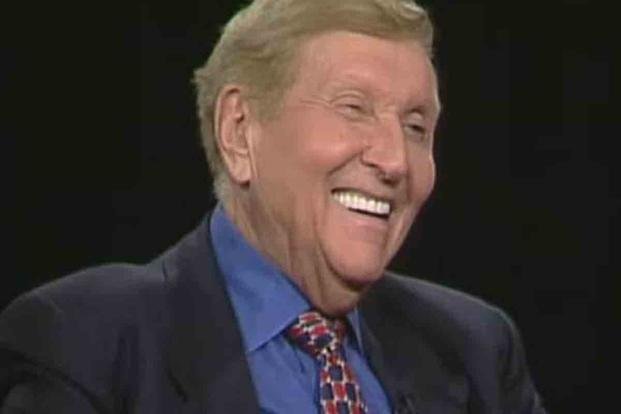
Redstone began decrypting coded Japanese messages while still a student at Harvard, but after he graduated in 1944, he became a first lieutenant. He spent World War II continuing that work in the Army’s Signal Intelligence Service. He eventually joined his father’s business owning a theater chain, but became convinced that content in film and television was more important than how the content was distributed.
He began investing in the film and TV studios that made the content, places like Columbia Pictures and 20th Century Fox. When he took over Viacom, it was already one of the largest producers of syndicated television shows and owner of lucrative cable networks like MTV and Nickelodeon. He eventually purchased Paramount, CBS and the many, many networks, films and shows they owned. Redstone-owned companies produced some of the most transformative and successful shows and movies of his lifetime.
Tom Ridge: Former Secretary of Homeland Security
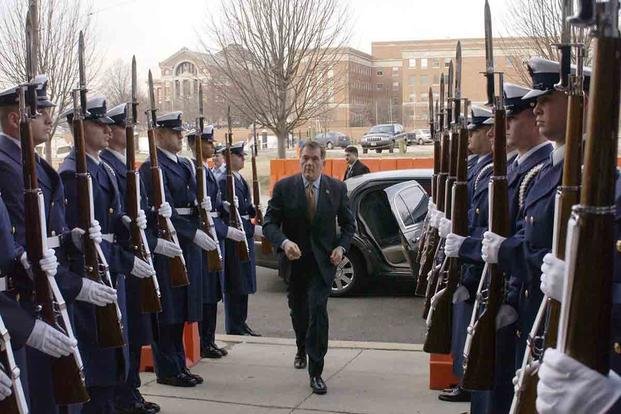
Ridge could have avoided service in Vietnam because he was drafted while still in college. Instead, he joined the Army and came back from Vietnam with a Bronze Star. In 1982, he became the first enlisted Vietnam veteran to be elected to Congress, but his service didn’t stop there.
He became governor of Pennsylvania in 1995, and after the Sept. 11 attacks, he resigned as governor to serve as the country’s first-ever secretary of Homeland Security. He was the first person to develop a comprehensive anti-terrorism plan for the entire country, which required a significant reorganization of the federal government.
Fred Smith: CEO and Founder of FedEx
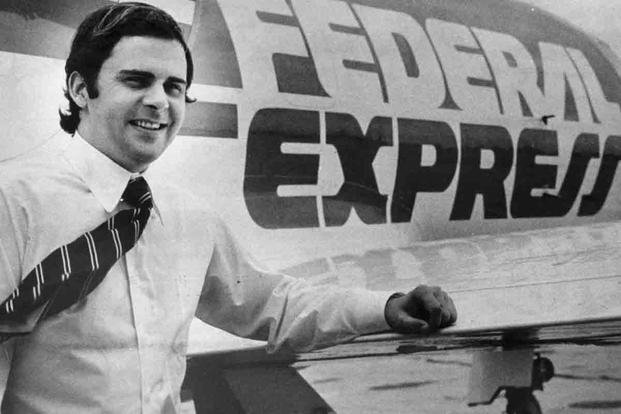
Frederick Smith served two tours of duty as a Marine Corps officer during the Vietnam War, receiving a Silver Star, a Bronze Star and two Purple Hearts. The year after his discharge, he bought an aircraft maintenance company and turned it into a used jet service. After receiving an inheritance, he founded Federal Express, a transportation company that made express deliveries to businesses in the biggest cities in America.
The rise to becoming a global corporation was anything but smooth. He took on $91 million in investments to serve 25 cities, but keeping the company going was sometimes (literally) a gamble. Smith is famous for taking the company’s last $5,000 to Las Vegas after being denied a business loan, where he won $27,000 at blackjack to pay a $24,000 fuel bill. Marines make do. Today, FedEx serves 220 countries and territories and is worth more than $40 billion. Smith is still its executive chairman.
-- Blake Stilwell can be reached at blake.stilwell@military.com. He can also be found on Twitter @blakestilwell or on Facebook.
Want to Learn More About Military Life?
Whether you're thinking of joining the military, looking for post-military careers or keeping up with military life and benefits, Military.com has you covered. Subscribe to Military.com to have military news, updates and resources delivered directly to your inbox.
